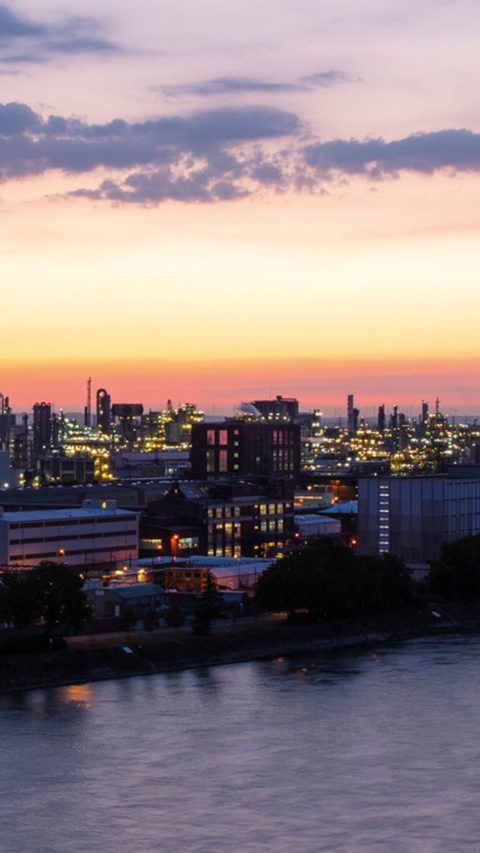Statement on audits of joint ventures in Xinjiang, China
BASF is aware of the situation in the Xinjiang region. We closely monitor media reports and studies on the situation of minorities in Xinjiang, as well as the political discussions surrounding it.
Since 2016, BASF has been operating two production joint ventures in this region at which we produce two chemicals – butanediol and poly-THF – in technically advanced facilities. In total, the two joint ventures in Korla have around 120 employees.
BASF respects human rights as the basis of its social responsibility in its business activities and relationships. Our Code of Conduct applies to all our locations worldwide, including China. It sets behavioral requirements for all BASF employees in their collaboration with business partners, authorities, colleagues, and society, including human rights, labor, and social standards. We also take responsibility for respecting human rights in our relationships with our business partners along the value chain. BASF complies with the applicable laws on human rights, labor, and social standards of the United Nations, Germany, the European Union, the United States of America, the United Kingdom, and other countries worldwide in its global business operations. This includes the US Uyghur Forced Labor Prevention Act (UFLPA).
In the two joint ventures in Korla, BASF has taken preventive measures to ensure compliance with its global Code of Conduct. A commitment to the BASF Code of Conduct, including a non-discrimination policy in the hiring of joint venture personnel, has been included in the joint venture agreements.
The joint ventures have also obtained written confirmation from all major suppliers, including our joint venture partner, accepting our new Supplier Code of Conduct that specifically addresses the requirements for human rights compliance in the supply chain. In addition, background checks are regularly conducted on the suppliers of our joint ventures in Korla to the extent legally possible. In parallel, measures are being prepared to further increase transparency in the supply chain.
We regularly review the working relationships at our joint venture locations in Korla. After previous audits in 2019 (internal) and 2020 (external), an internal audit of our joint venture operations was conducted at the beginning of 2023. Furthermore, we are in concrete discussions with a reputable auditing firm to renew our external joint venture audit in 2024.
As a result, we can confirm that none of these reviews have found any evidence of forced labor or other human rights violations.
As we consider human rights due diligence an ongoing task, we will continue to analyze the situation and take appropriate actions, including risk-based controls such as audits and assessments. We are also in continuous contact with representatives of non-governmental organizations to gather further information for our review.
